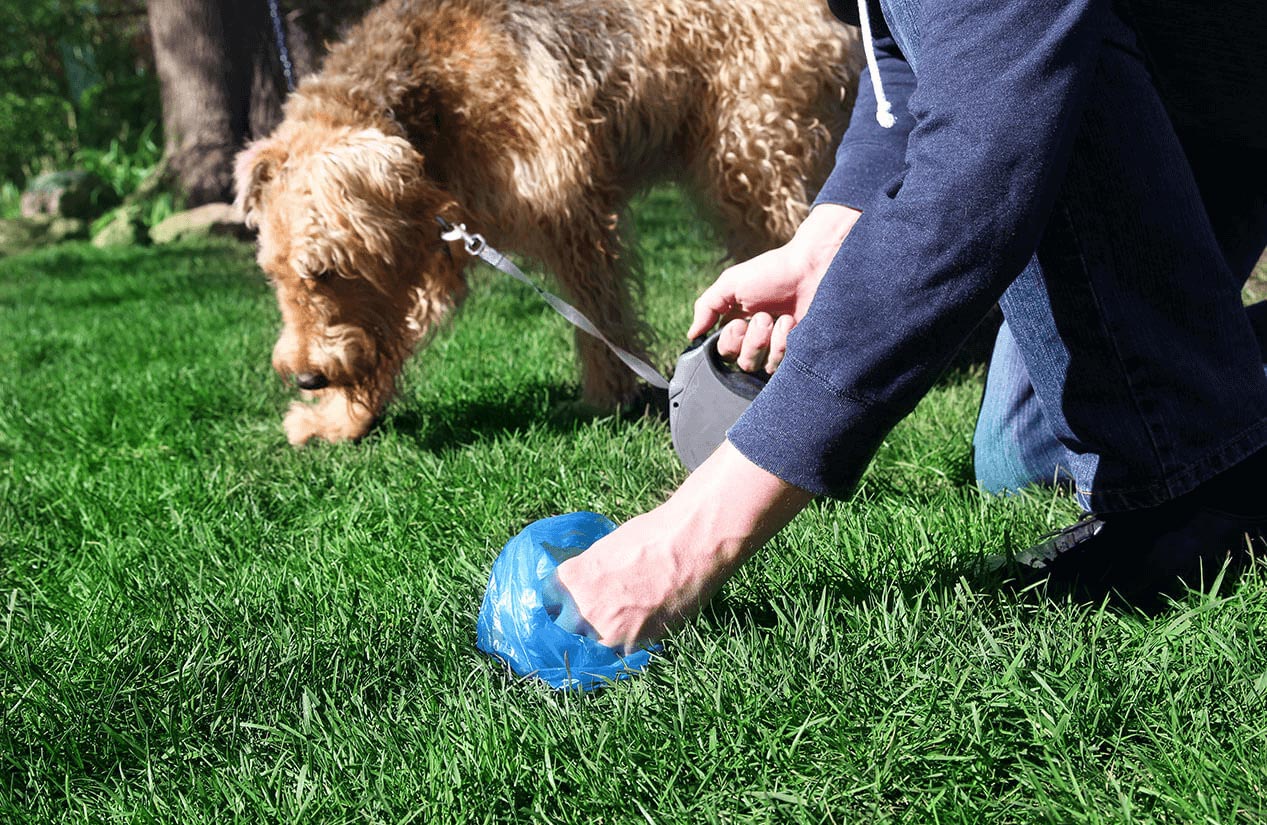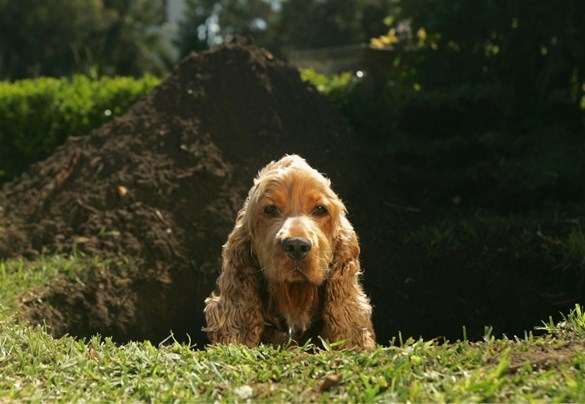
SYMPTOMS OF WORMS IN DOGS: WHAT TO LOOK FOR…
SHARE THIS PAGE
We know that you know your dog. And you’ll just understand what they want and how they feel. Knowing if they have worms is a bit different though. It’s so difficult to 100% know if they have worms or not.
We’ve set-out some of the symptoms to look out for, but remember, you might not know your dog has worms as some dogs don’t exhibit any signs at all. No matter if your dog is showing symptoms or not, these parasites can steal nutrients that saps energy from your dog. There are even certain types of worm that can cause serious ill-health.
HOW DO I KNOW IF MY DOG HAS WORMS?
Some symptoms are easy to spot, some are more difficult, and sometimes, your dog could exhibit no symptoms of having worms at all (but still feel the effects of an infestation and be at risk of spreading worms to vulnerable people).
That’s why it’s so important to have a regular worming routine.
We’ve collated the symptoms you should look for – as well as how to treat worms if you think your dog may be at risk.
SOME SIGNS YOUR DOG COULD HAVE WORMS
SCOOTING
It might look funny, but when your dog rubs its bottom along the ground – sometimes called scooting – this may be an anal gland issue or it could be a sign of your dog having worms. Basically, your dog is using this scooting action to try and itch the affected area, or they will bite or lick their bottom to do the same too.
COUGHING
If your dog seems to be ‘coughing’ more there are many causes to consider but this could be a sign of your dog having worms.
VOMITING
Some types of worms are known to cause vomiting, and, in some cases, you’ll be able to see worms in your dog’s vomit.
POT-BELLIED OR BLOATED APPEARANCE
Another common sign of worms in puppies or dogs is a pot-bellied appearance. This bloating is more common in puppies, but can affect dogs of all ages.
DIARRHOEA
If your dog has prolonged diarrhoea, it could be a sign of worms. Blood in stools could also be a sign of worms. Too much blood loss can cause lethargy and even blood pressure problems.
ITCHING AND SIGNS OF SKIN IRRITATION
If your dog looks like it’s scratching itself more often or has evidence of a skin irritation or rash, that could be a sign it has an infestation of worms.
WEIGHT LOSS
Weight loss might indicate that worms are feeding on the food and nutrients in your dog’s intestines, which can have a severe effect on its health and well-being.
CHANGE IN APPETITE
A sudden increase or decrease in your dog’s usual appetite could be a sign that your dog has worms. Especially if an increase is coupled with weight loss too.
VISIBLE WORMS IN FUR OR POOP
This is the most obvious sign, but it can still be hard to spot. Some worms will move and will look like rice or others are longer and more like spaghetti and can be found either in your dog’s poop or in its fur. Our Health Guide on Identifying Worms in Dogs can help you understand what to look for.

DULL COAT
A shiny, thick coat is a good sign that your dog is healthy, so if it becomes dull, dry or starts to thin out or starts suffering hair loss, your dog may have worms.
LOW ENERGY
If your normally bouncy and energetic dog or puppy looks lethargic or is noticeably less active, this could be because worms are taking blood and nutrients from your dog.
WHAT IF YOU CAN’T SEE ANY SIGNS OF WORMS?
Some signs of worms in dogs and puppies can be easy to miss, so regular worming is so important as you might not even know they have them. And some dogs or puppies might not even exhibit any signs or symptoms at all, but they will still be shedding eggs which can pose a risk to other dogs and even humans, so vets advise you regularly worm your dog to make sure they’re healthy.
HOW DO I TREAT WORMS IN MY DOG OR PUPPY?
After reading all of that – and now that you know the symptoms in dogs or puppies – you might need some good news. So here it is! It’s easy to quickly and effectively treat worms using Drontal worming products. Discover more about the easy ways to treat worms in your dog or puppy.
HOW DO I TREAT WORMS IN MY DOG OR PUPPY?
OTHER PEOPLE ARE ALSO READING

IDENTIFYING WORMS IN DOGS
